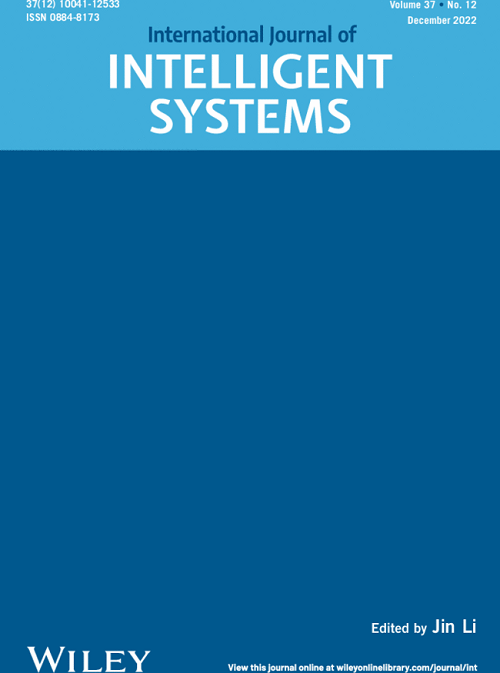A Normative Approach to Privacy-Preserving Recommender Systems: Integrating Matrix Factorization and Genetic Algorithms
IF 5
2区 计算机科学
Q1 COMPUTER SCIENCE, ARTIFICIAL INTELLIGENCE
引用次数: 0
Abstract
As recommendation systems heavily depend on user data, these systems are susceptible to potential privacy breaches. To mitigate this issue, differential privacy (DP) protection techniques have been developed to offer robust privacy safeguards. Nevertheless, a majority of the extant DP-based recommendation algorithms tend to introduce excessive noise, consequently impairing the quality of recommendations. In response, this study presents a novel DP-preserving recommendation algorithm that integrates matrix factorization (MF) and a genetic algorithm (GA). Initially, the MF problem is transformed into two interrelated optimization problems, namely, the user-hidden factor and the item-hidden factor. Subsequently, GA is employed to address these optimization issues. An enhancement index mechanism is incorporated into the individual selection of GA, while the variation process of GA is devised based on identifying crucial hidden factors. Utilizing the enhancement index mechanism aids in minimizing the algorithm’s perturbation level, thereby achieving an optimal balance between privacy protection and algorithm utility. Experimental analyses, encompassing recommendation accuracy, efficiency, and parameter variation effects, are conducted on Last.fm and Flixster datasets. The findings corroborate that the proposed system outperforms existing alternatives under stringent privacy constraints, thereby attesting to its efficacy.隐私保护推荐系统的规范方法:集成矩阵分解和遗传算法
由于推荐系统严重依赖于用户数据,这些系统很容易受到潜在隐私泄露的影响。为了缓解这个问题,差分隐私(DP)保护技术已经被开发出来,以提供健壮的隐私保护。然而,现有的大多数基于dp的推荐算法往往会引入过多的噪声,从而影响推荐的质量。为此,本研究提出了一种融合矩阵分解(MF)和遗传算法(GA)的保dp推荐算法。首先,将MF问题转化为两个相互关联的优化问题,即用户隐藏因素和商品隐藏因素。随后,采用遗传算法来解决这些优化问题。在遗传算法的个体选择中引入增强指标机制,在识别遗传算法关键隐藏因素的基础上设计遗传算法的变异过程。利用增强指标机制有助于最小化算法的扰动水平,从而实现隐私保护与算法效用之间的最佳平衡。实验分析包括推荐的准确性、效率和参数变化的影响。fm和Flixster数据集。研究结果证实,在严格的隐私约束下,所提出的系统优于现有的替代方案,从而证明了其有效性。
本文章由计算机程序翻译,如有差异,请以英文原文为准。
求助全文
约1分钟内获得全文
求助全文
来源期刊

International Journal of Intelligent Systems
工程技术-计算机:人工智能
CiteScore
11.30
自引率
14.30%
发文量
304
审稿时长
9 months
期刊介绍:
The International Journal of Intelligent Systems serves as a forum for individuals interested in tapping into the vast theories based on intelligent systems construction. With its peer-reviewed format, the journal explores several fascinating editorials written by today''s experts in the field. Because new developments are being introduced each day, there''s much to be learned — examination, analysis creation, information retrieval, man–computer interactions, and more. The International Journal of Intelligent Systems uses charts and illustrations to demonstrate these ground-breaking issues, and encourages readers to share their thoughts and experiences.
 求助内容:
求助内容: 应助结果提醒方式:
应助结果提醒方式:


